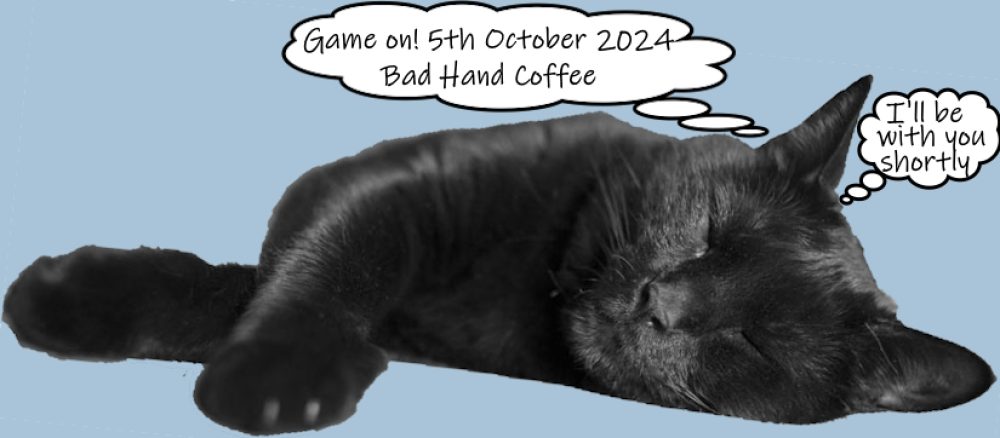On April 19, 2023, three anarchists were killed in battle near Bakhmut: an American named Cooper Andrews, an Irishman named Finbar Cafferkey, and a Russian named Dmitry Petrov, known to us until then as Ilya Leshy. People in our networks have shared undertakings with all three of these comrades over the years.
You can read about Cooper’s motivations in his own words here and consult a eulogy from his comrades here. You can learn about Finbar’s lifelong activism here, read an interview with him here, and listen to a song of his here. In the following eulogy, we explore the life of Dmitry Petrov, who also went by the noms de guerre Ilya Leshy and Fil Kuznetsov. For background, you should start by reading the statements from his comrades in the Anarcho-Communist Combat Organization, the Resistance Committee, and Solidarity Collectives, as well as Dmitry’s statement from beyond the grave, all of which are available here.
A few weeks before the war began, Dmitry participated in an interview that we included in our coverage of the unfolding situation. On the first day of the Russian invasion, under what must have been challenging conditions, Dmitry took time to speak with us about how anarchists were responding. Throughout our exchanges over the following year, we were impressed by his humility, the earnestness with which he approached his efforts, and his sincere desire for critique.1
When Dmitry was killed, his comrades revealed that he had been involved in some of the most significant anarchist initiatives in 21st-century Russia, including co-founding the Anarcho-Communist Combat Organization. Here, we will provide an overview of his efforts as a snapshot of the past two decades of struggle in the post-Soviet world, concluding with a translation of his text, The Mission of Anarchism in the Modern World.
No one in our collective believes that state militarism can bring about the world we desire to live in. We are internally divided over the issue of anarchists participating in military resistance to the Russian invasion of Ukraine. Some of us believe that serving in a state military formation can never advance the anarchist cause. Others believe that the decision to do so can only be understood in view of the brutal autocracy that prevails in Russia, in which committed anarchists like Dmitry had tried virtually every other approach. If we reject state militarism, it is an open question how else to respond to imperialist invasions—and we will be better equipped to approach that question if we understand the life trajectory of Russian anarchists like Dmitry. For a discussion of the complexities of formulating an anarchist anti-war strategy that does not effectively cede the field to state militarism, you could begin here.

